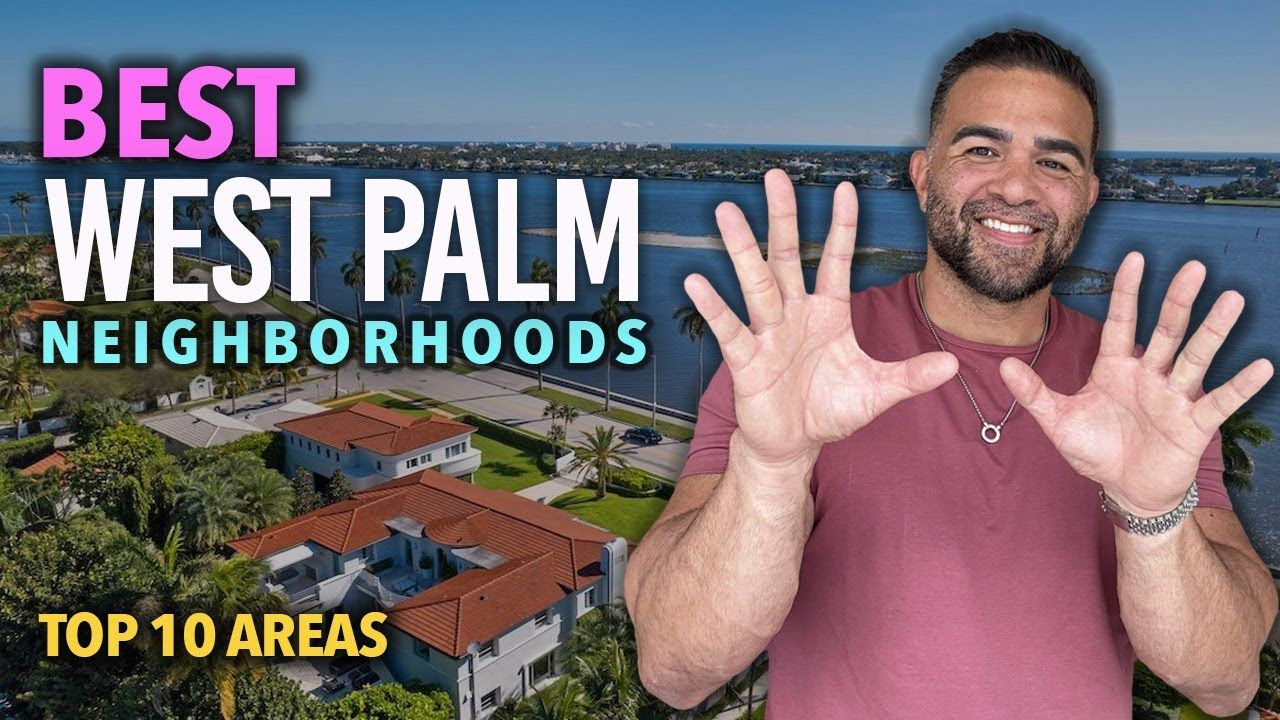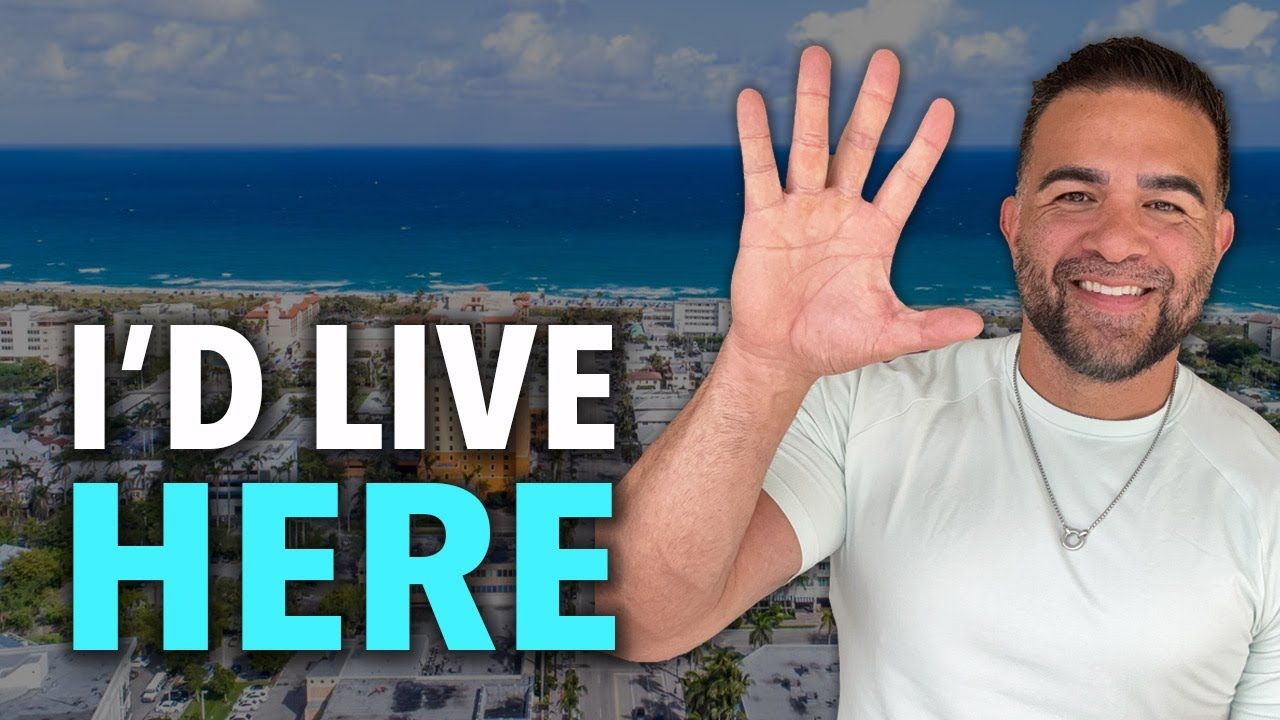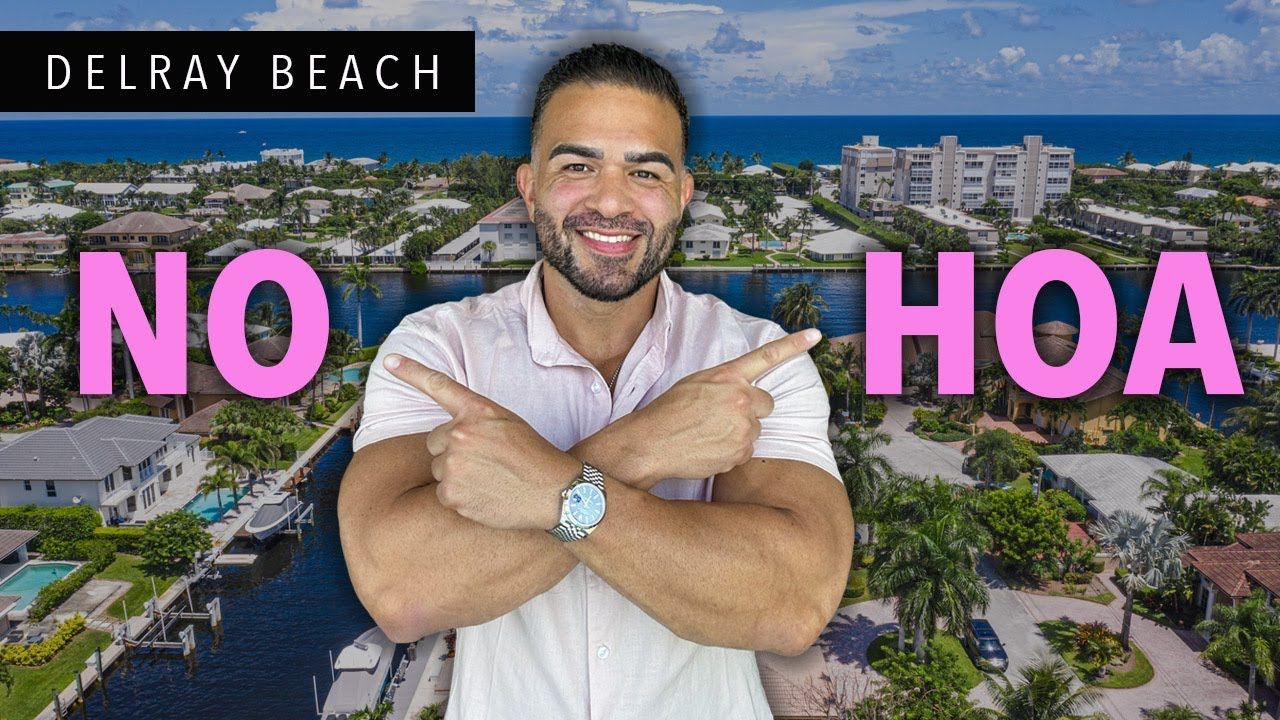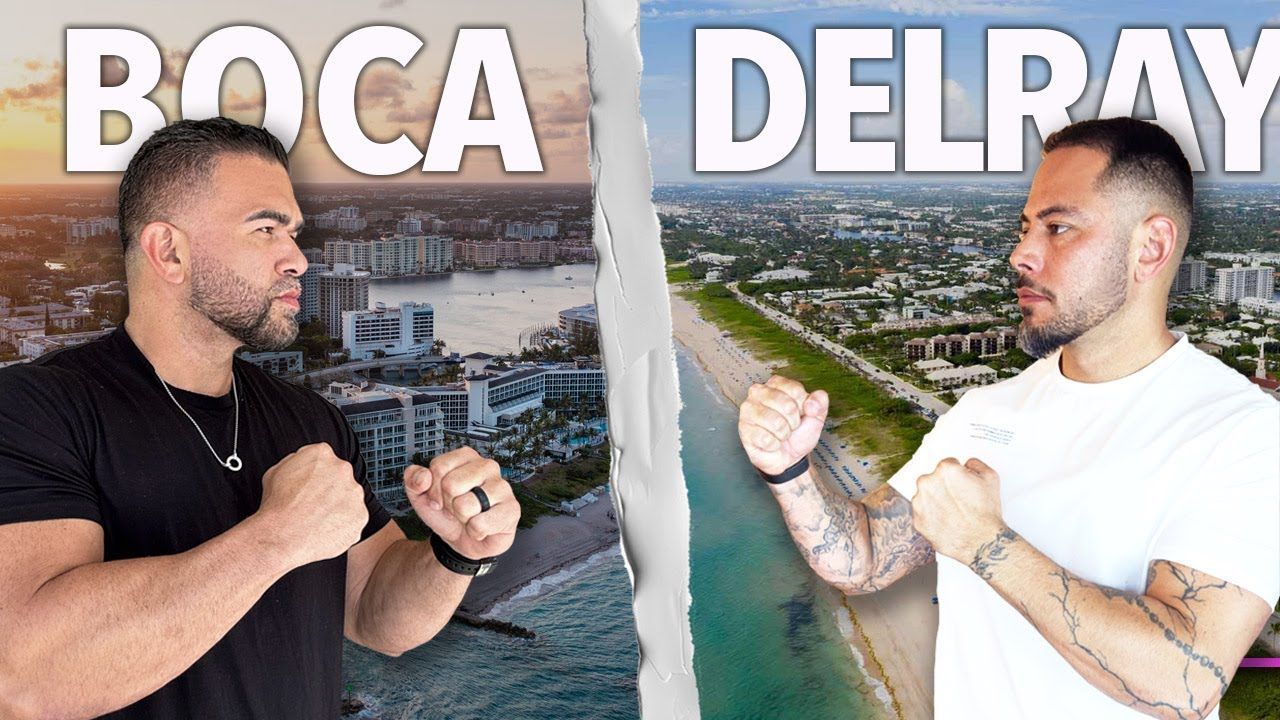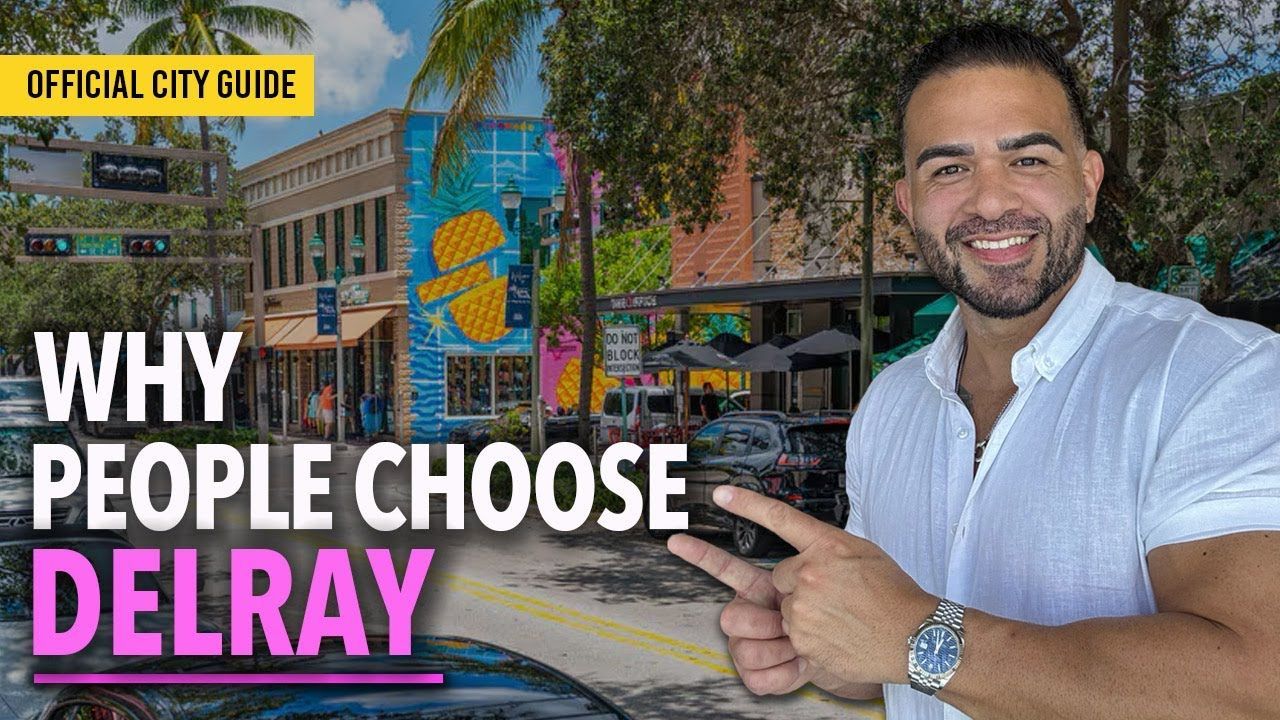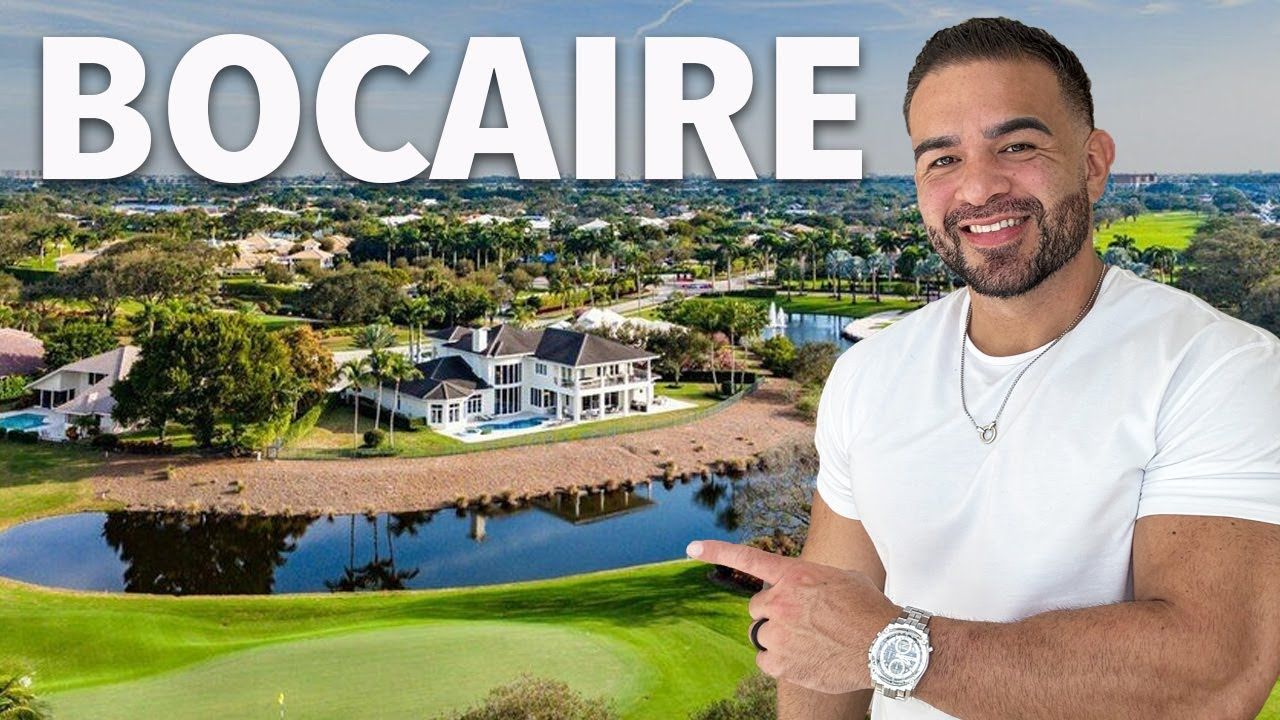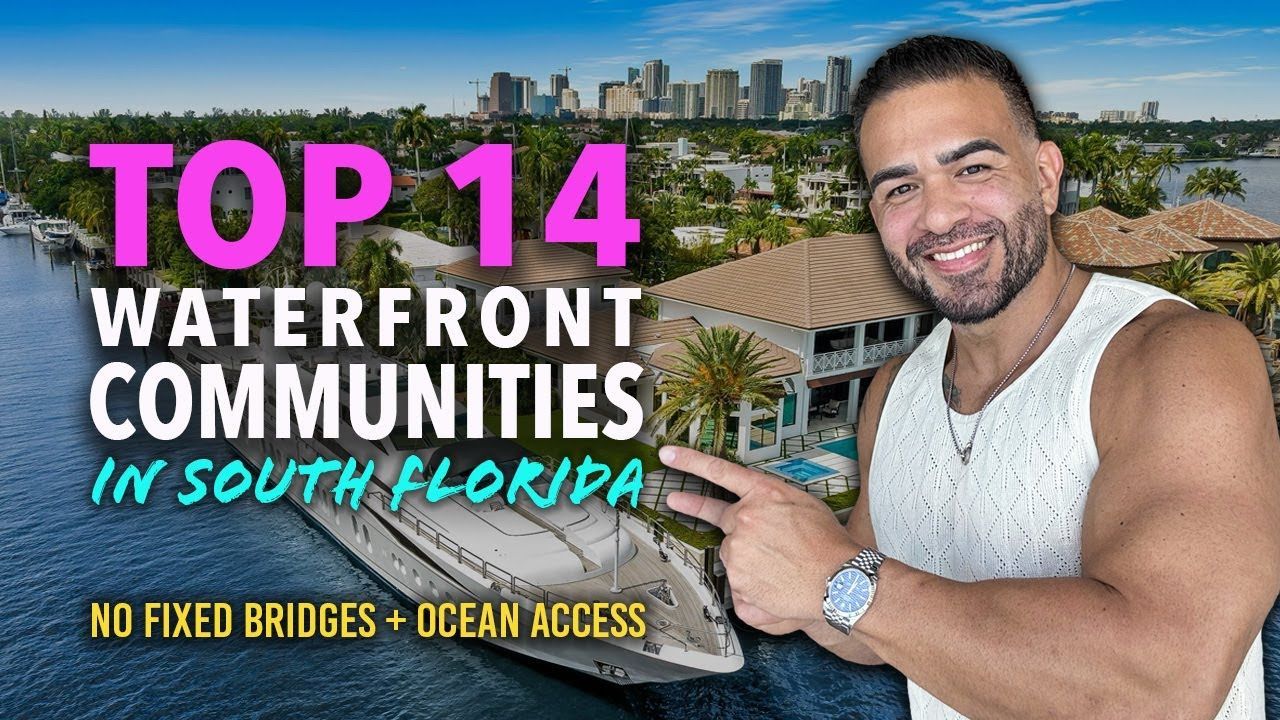Coconut Creek Florida in 10 Minutes
I break down what makes living in Coconut Creek, FL so appealing—and in this article I expand on that overview with extra details, local tips, and resources you can use whether you’re thinking about moving next week, next month, or next year. Coconut Creek is more than a casino and a few iconic palm trees; it’s a well-planned, nature-forward community with an easygoing lifestyle, family-friendly neighborhoods, and surprising variety in dining, shopping, and outdoor recreation.
If you’re researching living in Coconut Creek, FL you’ll find this guide covers the essentials: location and context, real estate and neighborhoods, things to do, job and commute considerations, dining and shopping highlights, education options, and a clear look at pros and cons so you can make an informed decision. Throughout the post I’ll share my personal perspective as a local real estate agent who helps people move to South Florida, and I’ll point you to specific places you shouldn’t miss.
Table of Contents
- Overview of Coconut Creek, Florida
- Real Estate in Coconut Creek, Florida
- Things to Do in Coconut Creek, FL
- Job Market and Commute Considerations
- Shopping and Dining in Coconut Creek, FL
- Education in Coconut Creek
- Pros and Cons: What It's Like Living in Coconut Creek, FL
- Practical Tips for Moving and Living Here
- FAQs About Coconut Creek Florida
- Conclusion: Is Living in Coconut Creek, FL Right for You?
Overview of Coconut Creek, Florida
Coconut Creek sits in northern Broward County—about 37 miles north of Miami and roughly 16 miles northwest of Fort Lauderdale—and has a population right around 57,000. As part of the Miami metropolitan area, Coconut Creek blends suburban calm with access to major urban centers. If you’re considering living in Coconut Creek, FL you’ll appreciate the balance between green spaces and convenient amenities.
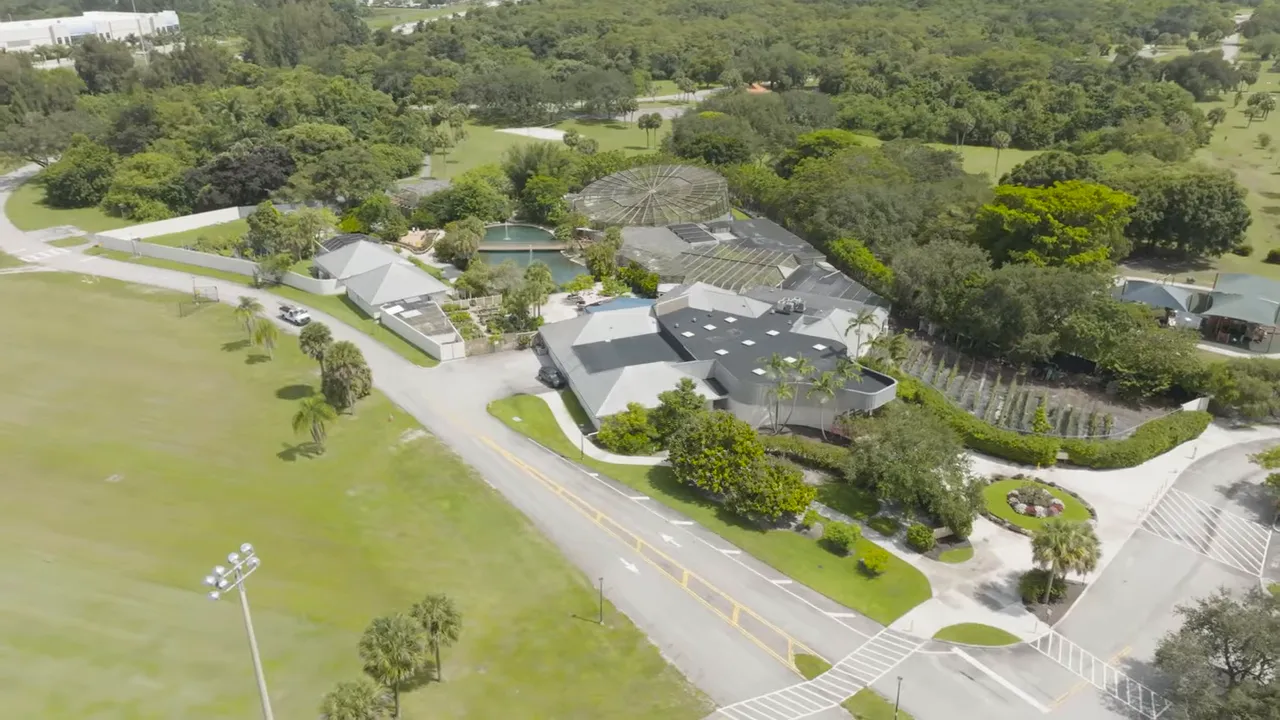
One of the first things residents talk about is the city’s environmental emphasis. Coconut Creek was developed with a vision: it’s full of tree-lined streets, lakes, and parks. The community takes pride in being Florida’s first Community Wildlife Habitat and the 11th in the country—so if you value conservation and wildlife-friendly spaces, living in Coconut Creek, FL is a great fit.
And yes, Coconut Creek earned the nickname “Butterfly Capital of the World.” Butterfly World, located inside Tradewinds Park, is the largest butterfly aviary in the world. You’ll find about 80 species and tens of thousands of butterflies—an attraction that symbolizes the city’s nature-focused identity and is a favorite stop for families and visitors.
VIEW HOMES FOR SALE IN COCONUT CREEK, FL
Real Estate in Coconut Creek, Florida
The real estate market in Coconut Creek is one of its strongest selling points. If you’re thinking about living in Coconut Creek, FL you’ll find housing options across a broad price and style spectrum: single-family homes in quiet subdivisions, patio homes, townhomes, and modern condo developments. The market is consistent and has appealed to buyers seeking value just outside of pricier neighboring cities like Parkland and Boca Raton.
Key neighborhoods I point clients toward include Regency Lakes, Winston Park, Cocoa Lakes, Cocoa Bay, Paloma Lakes, Wynmoor (a popular 55+ community), and Victoria Isles. Each neighborhood has its own character—Winston Park and Regency Lakes are popular with families for their parks and school access, while Wynmoor offers active adult living with community amenities.
- Regency Lakes — family-oriented, established landscaping, great value
- Winston Park — newer subdivisions, thoughtfully planned with green buffers
- Cocoa Lakes / Cocoa Bay — mix of single-family homes and quiet streets
- Paloma Lakes — townhouse and condo options with community pools
- Wynmoor — 55+ community with lots of organized activities
One of the major draws of living in Coconut Creek, FL is affordability relative to neighboring cities. You can often find comparable square footage and lot sizes for significantly less than in Parkland, Boca Raton, or Coral Springs. That makes Coconut Creek attractive for first-time buyers, families looking to upgrade, and retirees seeking a comfortable lifestyle on a budget.
Safety is another frequently cited benefit. Residents often note the visible presence of local law enforcement and a sense that neighborhoods are secure and well-maintained. If a calm, secure place to raise a family or retire appeals to you, living in Coconut Creek, FL should be on your shortlist.
Things to Do in Coconut Creek, FL
Coconut Creek punches well above its weight when it comes to activities. Whether you’re into nature, beaches, family attractions, or nightlife, this city delivers a surprising amount of variety for its size.
Butterfly World and Parks
Butterfly World at Tradewinds Park is the crown jewel. Walking the aviaries, seeing the butterfly house, and exploring interactive exhibits is a great family day. Beyond Butterfly World, Coconut Creek has parks like Fern Forest Nature Center, Helene Klein Pineland Preserve, Winston Park Nature Center, and Tradewinds Park—each offering varying trails, educational programs, and green space.
For a short drive, you can visit Sugar Sand Park in Boca Raton for kid-focused amenities, or Quiet Waters Park in Deerfield Beach for water-skiing and boating. If you enjoy outdoor recreation, living in Coconut Creek, FL places you within easy reach of both local preserves and larger park systems.
Beaches and Fishing
Deerfield Beach is only about an eight-mile drive from Coconut Creek, making beach days an easy affair. Deerfield Beach is beloved for its wide shoreline and the Deerfield Beach International Fishing Pier—976 feet of fishing opportunity that attracts anglers from across South Florida.
Casino, Dining, and Nightlife
If you like nightlife and entertainment, Seminole Casino Coconut Creek is a local hotspot with nearly 2,000 slot machines, 70+ live table games, live music, and a full slate of restaurants—from casual burger joints to NYY Steak, a high-end dining experience focusing on USDA prime steaks. The casino is also a major employer in the area (more on jobs below).
The Promenade at Coconut Creek is another central activity hub: 23 acres of open-air shopping, dining, and entertainment with more than 45 stores and boutiques, dozens of restaurants, and a modern movie theater. I have a special memory of the Promenade: my wife and I once ran a health food delivery business that started out from a Starbucks there—small South Florida memories that remind you how these local centers build community.
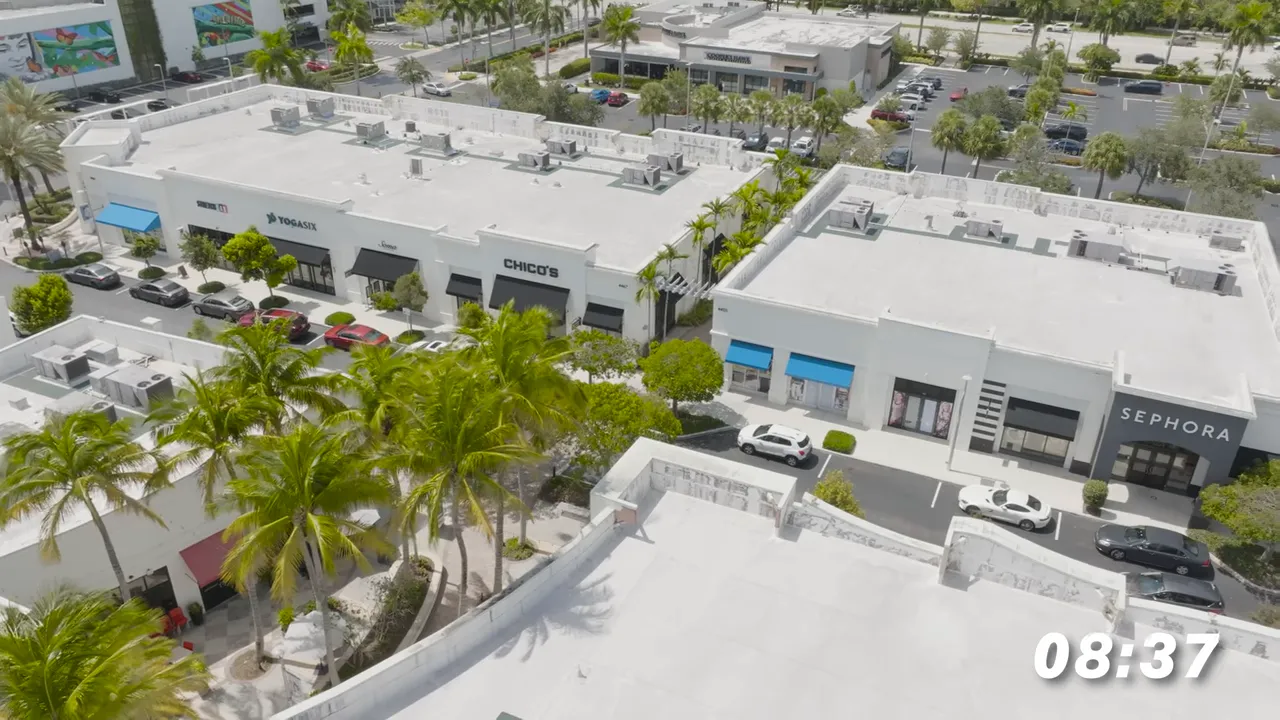
Job Market and Commute Considerations
The job market around Coconut Creek is varied. If you’re considering living in Coconut Creek, FL you’ll find employment opportunities within the city and across nearby business hubs like Boca Raton, Fort Lauderdale, and even Miami for certain sectors. The Florida Turnpike and I-95 give reasonable access to major employment centers.
Local jobs are common in retail, hospitality, healthcare, and professional services. The Seminole Casino is a significant local employer offering a wide range of roles in gaming, food and beverage, and entertainment operations. Corporate offices, medical centers, schools, and the growing tech/startup scene in Broward County add to the employment mix.
Typical commute times to downtown Fort Lauderdale are around 20–30 minutes depending on traffic, with Miami averaging about 45 minutes to an hour. For many residents, commuting is manageable—especially when you weigh commute times against the value and lifestyle benefits of living in Coconut Creek, FL.
Shopping and Dining in Coconut Creek, FL
When it comes to food and shopping, Coconut Creek offers reliable favorites and a few truly unique spots. Whether you want a date-night steakhouse or casual taco fusion, you can typically find what you’re after:
- Cooper's Hawk Winery & Restaurant(Promenade) — upscale-casual with an extensive wine program; try the Napa-style tasting room and menu favorites like the Leonard Burger or red wine short ribs.
- Bar Louie(Promenade) — craft cocktails and an upbeat bar scene; the Voodoo pasta is a local favorite.
- Ethos Greek Bistro — dependable Mediterranean spot with flavorful appetizers and entrees.
- Papamigo's Taqueria & Raw Bar — a creative fusion of Asian and Mexican flavors that blends tacos and sushi in unexpected ways.
- BRGR Stop — an Instagram-worthy burger and shake shop; perfect for a casual meal or family outing.
There are also many chain and boutique shops, plus specialty services around the Promenade and nearby shopping centers. Living in Coconut Creek, FL keeps you close to both everyday conveniences and specialty dining experiences across northern Broward.
Education in Coconut Creek
Education matters, and Coconut Creek has a mixture of public, charter, and private options. The city is served by Broward County Public Schools (BCPS), one of the largest districts in the country, and the local public schools generally perform well.
- Coconut Creek Elementary, Tradewinds Elementary, and Winston Park Elementary — steady ratings in the 6–8 range on GreatSchools.org, offering solid foundational programs.
- Lions Creek Middle School — the primary public middle school serving the area, with a rating around 6/10.
- High school options include Coconut Creek High School, Monarch High School, Atlantic Technical High School, and the Dave Thomas Education Center.
For private education, North Broward Preparatory School is the standout. North Broward Prep offers a rigorously academic program from early childhood through high school, with AP and IB options, partnerships with institutions like MIT and Juilliard, and a track record of students gaining admission to top universities. Famous alumni include Ariana Grande—one example of the school’s broader reach and reputation.
If you are considering living in Coconut Creek, FL and schools are a priority, you’ll find a range of choices from solid public options to elite private institutions in the area and nearby.
Pros and Cons: What It's Like Living in Coconut Creek, FL
I tell clients that no community is perfect, but Coconut Creek stacks up well for lots of buyers. Here are the major upsides and a few honest drawbacks to consider.
Pros
- Strong community vibe with environmental focus—lots of green space, parks, and wildlife-friendly design.
- Affordability compared to some neighboring cities—better value for similar home sizes.
- Family-friendly neighborhoods and a variety of housing types.
- Excellent access to nature amenities like Butterfly World and local preserves.
- Convenient location for commuting to Fort Lauderdale, Boca Raton, and Miami.
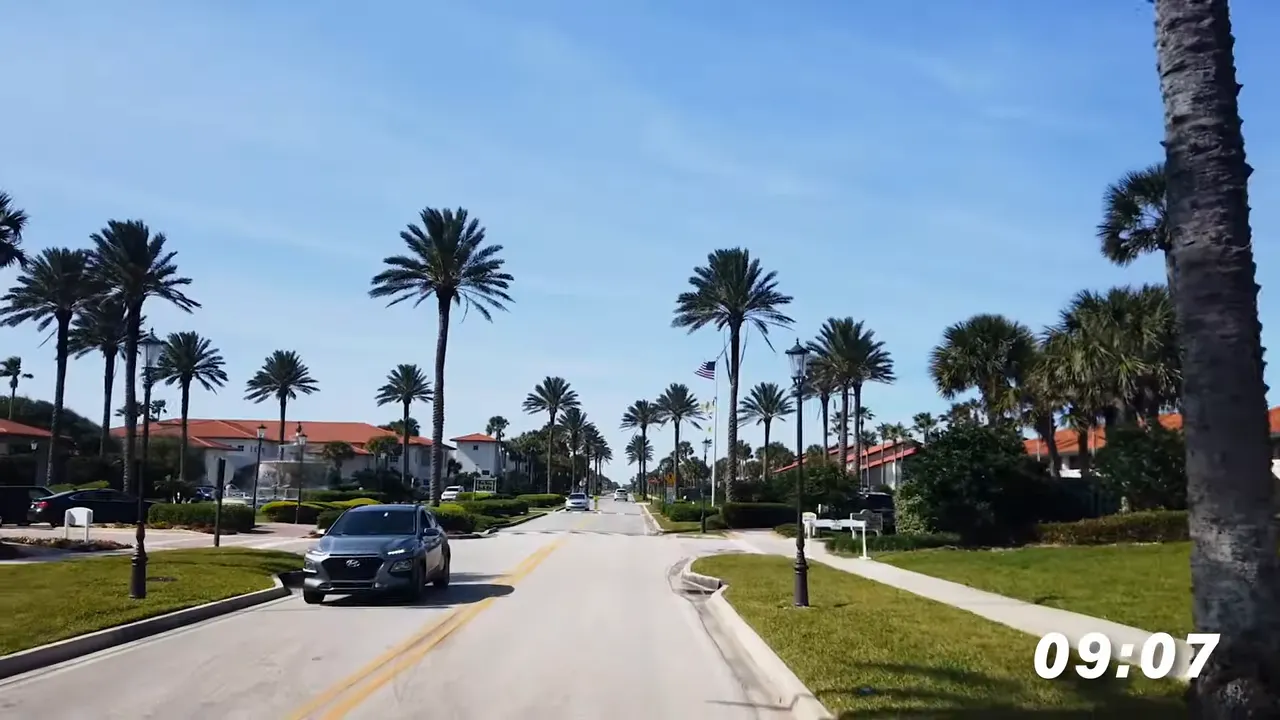
Cons
- Nearby landfill (Monarch Hill Renewable Energy Park, colloquially called “Mount Trashmore”) has historically caused odor issues, although agreements and mitigations have reduced the problem since 2013.
- Traffic can be heavy during peak hours on major arteries like the Turnpike and surrounding corridors.
- While the city has great amenities, some shoppers and diners will still drive to nearby Boca Raton or Fort Lauderdale for certain specialty stores and high-end dining.
Overall, living in Coconut Creek, FL offers a peaceful, nature-forward lifestyle with excellent value and family appeal. For many homebuyers and renters, the pros outweigh the cons—especially if the environmental character of the city and proximity to beaches matter to you.
Practical Tips for Moving and Living Here
If you’re serious about living in Coconut Creek, FL, here are my practical recommendations based on working with buyers in the area:
- Decide what matters most: schools, commute, yard size, or community amenities. Neighborhoods vary significantly in lot size and age of inventory.
- Visit at different times of day to see commute patterns, school pickup traffic, and the vibe around the Promenade and casino.
- Check HOA rules and fees carefully—many Coconut Creek communities have active associations that maintain landscaping and amenities.
- Work with me , a local agent who knows the neighborhoods—pricing and value can vary block by block.
- Explore nearby beaches and parks to ensure the outdoor options match your lifestyle; Deerfield Beach is only 8 miles away and worth frequenting.
VIEW HOMES FOR SALE IN COCONUT CREEK, FL
FAQs About Coconut Creek Florida
How far is Coconut Creek from Miami and Fort Lauderdale?
Coconut Creek is approximately 37 miles north of Miami and about 16 miles northwest of Fort Lauderdale, making it a central spot in north Broward County with reasonable access to both cities.
Is living in Coconut Creek, FL family-friendly?
Yes. Coconut Creek is very family-oriented with parks, nature centers, family attractions like Butterfly World, solid public schools, and neighborhoods built for families. The city’s planning emphasizes green spaces and safe, walkable communities.
What is the real estate market like for buying a home in Coconut Creek?
The market is steady and offers a wide range of options—single-family homes, townhouses, condos, and active adult communities. Compared to nearby higher-priced areas, Coconut Creek provides strong affordability and value for buyers seeking space and community amenities.
Are there good schools in Coconut Creek?
Yes. Several elementary schools (Coconut Creek Elementary, Tradewinds Elementary, Winston Park Elementary) score well on local rating sites, Lions Creek Middle School serves the area’s middle grades, and high school options include Coconut Creek High, Monarch High, Atlantic Technical, and the Dave Thomas Education Center. For private education, North Broward Preparatory School is a top choice locally.
What are the main attractions and things to do in Coconut Creek?
Key attractions include Butterfly World, Tradewinds Park, the Promenade for shopping and dining, Seminole Casino Coconut Creek for entertainment, and easy access to Deerfield Beach. There are also many local preserves and nature centers for outdoor enthusiasts.
Is the Monarch Hill landfill still a problem for residents?
Historically, Monarch Hill (sometimes called Mount Trashmore) caused odor complaints. However, the city and Waste Management implemented measures and agreements in 2013 to reduce odors and improve operations. While it’s something to be aware of, many residents find it no longer impacts day-to-day living significantly.
What neighborhoods should I consider when living in Coconut Creek, FL?
Popular neighborhoods include Regency Lakes, Winston Park, Cocoa Lakes, Cocoa Bay, Paloma Lakes, Wynmoor (for 55+ living), and Victoria Isles. Each offers a different mix of homes, amenities, and price points—tour a few with a local agent to find the best fit.
How is the commute from Coconut Creek to major employment centers?
Commute times are reasonable. Fort Lauderdale is typically 20–30 minutes away, Boca Raton about 15–20 minutes, and Miami around 45–60 minutes depending on traffic. Proximity to the Florida Turnpike helps with highway access for daily commuters.
Conclusion: Is Living in Coconut Creek, FL Right for You?
After helping clients relocate to South Florida for years, I’ve seen Coconut Creek consistently stand out as a great balance of nature, family-friendly amenities, affordability, and convenience. If you want a community-centered environment with parks, great access to beaches, a thriving local dining scene, and a variety of housing options, living in Coconut Creek, FL is an excellent choice.
If you're ready to explore Coconut Creek or want tailored guidance on neighborhoods, schools, or market opportunities, feel free to reach out at 561-962-2865. I help people move to South Florida every week and can share listings, neighborhood tours, and the latest market data so you can make the best move for your lifestyle.

Jonathan Alexander creates educational YouTube content to guide potential buyers through the process of relocating to South Florida, offering insights on the best places to live and what to expect. As a seasoned Realtor®, he combines his expertise with a passion for helping clients make informed real estate decisions.




